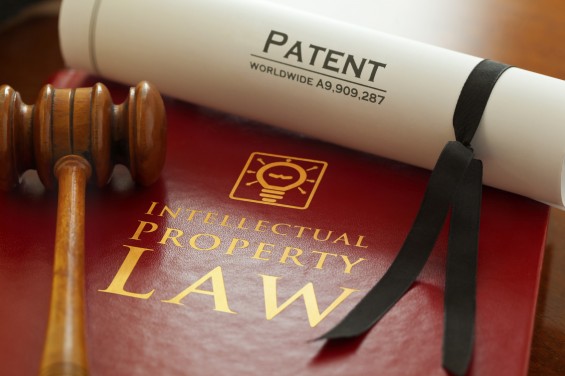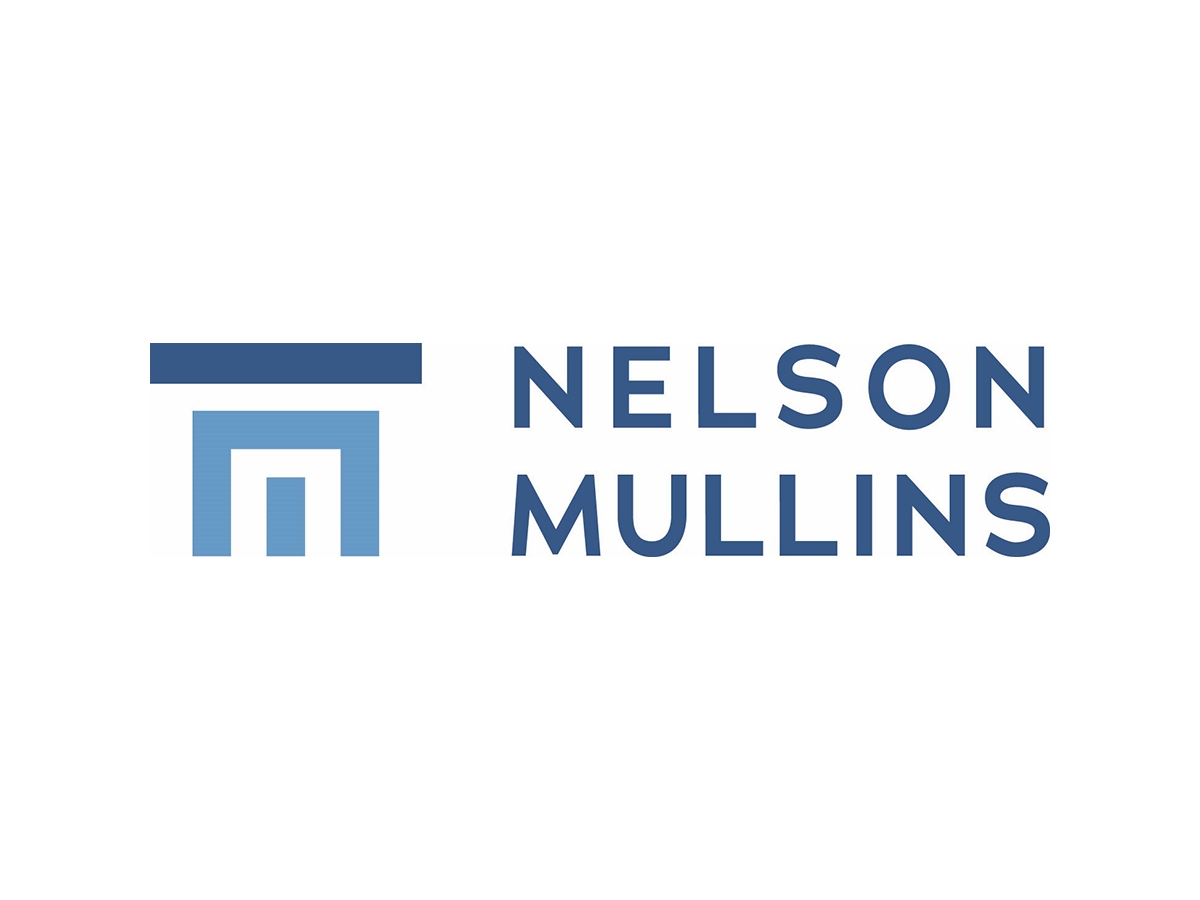3 IP Lessons From The 2025 LF Dealmakers Forum


Longtime readers of this column know that I have often shared insights from both the LF Dealmakers Forum and the IP Dealmakers Forum. For the former, which continues as a flagship event in the litigation finance industry, my first recap was written all the way back in 2019. Since then, I have attended on a nearly yearly basis, and I was once again excited to get a press pass as your trusty IP columnist to attend this year’s event, held last week in Midtown Manhattan. The location was new to me, though it met the usual high Dealmakers standard. Still, the familiar elements that make this event a staple on the yearly conference calendar were firmly in place. The usual mix of power players in the litigation finance space were in attendance, from funders, to lawyers of all stripes, to those in the contingent risk insurance industry. In truth, it was a little humbling to see how many of the people at the event were folks that I have had professional interactions with over the years. Some of those connections, of course, arose out of prior Dealmakers events, providing a heady reminder of why networking is a professional necessity, especially in a relationship-driven industry like IP-focused litigation finance.
What was most exciting about this year’s LF Dealmakers for me, however, was not the friendly faces and informative discussion on the ins and outs of the litigation finance industry as it stands today. Each was welcome — and a reminder of why Dealmakers events are consistently worthwhile — but I was most keen to focus this year on the shared morning program dedicated to policy and industry advocacy. Besides providing some unique perspectives, such as from a sitting congressman with real prior experience as a litigator, the discussion on offer was both timely and informative in light of the existing and potential impact regulatory activity has on the burgeoning litigation finance industry. In fact, for my three takeaways from this year’s event, I’d like to focus on policy issues past, present, and future, particularly as they relate to IP-related litigation finance. (To the extent I reference any discussion from LF Dealmakers Forum, I will abide by the Chatham House rules adopted by the event for the first time this year.)
First, there is no dispute that the past few years have seen some policy-related decisions that have had a significant impact on litigation finance as it relates to patent and other IP litigation. While it was confirmed at this year’s event that IP litigation remains a key area of focus for litigation funders, it is also true that funder behavior has been influenced by both implemented and proposed regulation in the past. As an example of the former, the increased disclosure burden in front of Chief Judge Connolly in Delaware has led to a dramatic drop in funded patent cases filed in that once-popular district, as well as some other consequences for funded patent owners that I have covered on these pages. Likewise, perhaps the defining policy moment of 2025 for the litigation finance industry — and maybe ever — happened right before the summer, when a proposed piece of tax legislation threatened to doom the industry. While that crisis was averted, the fresh scars from that abortive legislative clawing at funder money are still raw for many in the industry. Many remember the panic, stalled deals, and feelings of powerlessness that seemed to collectively seize the industry until the parliamentarian struck the amendment from what passed as the One Big Beautiful Big Act. And because patent cases of size are disproportionally funded cases, the potential fallout for patent litigants and their counsel was immense – as confirmed by the temporary disruption that even discussion of a punitive litigation finance taxation scheme caused.
As a result of the surprise engendered by the tax proposal aimed at the industry, LF Dealmakers’ focus on avoiding additional policy surprises for the industry was well-taken by attendees. For our second takeaway from the event, we can drill down into some of the policy actions that panelists suggested to the audience. One of the key questions from the audience during one of the policy panels was as direct as it gets, namely, what could industry players do today to advance the policy interests of the litigation finance industry? To start, the importance of countering the “bogeyman” narratives around litigation finance — such as the presence of shadowy foreign capital and funder control over cases — by industry participants was highlighted. More than just reminding folks that litigation finance unlocks access to justice for deserving litigants, it seems clear that successful counter-advocacy will require beneficiaries of litigation finance to tell their stories publicly, in a way that to date many in the industry have been reluctant to espouse. Likewise, building relationships with politicians from the ground up, even at the state level, as well as pooling resources via industry associations will be critical tasks for industry participants to undertake. Even the act of writing about litigation finance in a positive light has promise, if only to counteract the negative spin on the industry that is encountered when using various generative AI tools to educate oneself on what litigation finance is all about. That’s right, we have to help balance out the AI by training it. Welcome to 2025.
Lastly, for our third takeaway, we can take a quick peek into the future of litigation finance as it relates to IP litigation. For one, there was a clear expectation by those in the know that further legislative action around litigation finance, at both the state and federal levels, was not only possible but likely. Accordingly, those with time-sensitive patent monetization or IP claims are best advised to push their projects along as quickly as they can, at least to the extent that they want to play the funding game according to the current rules. Along the same lines, it remains as critical as ever to stay abreast of different disclosure rules and decisions on litigation funding disclosure issues adopted by trial courts as they relate to litigation finance, because they not only change — they also change defendant behavior in cases.
Ultimately, while the future of litigation finance as a key component of the IP litigation ecosystem seems secure, the worthy discussion of policy at the LF Dealmakers Forum reminds us of the critical need to stay vigilant, knowledgeable about the rules of the game, and flexible enough to adapt to policy decisions that are being contemplated or implemented. To that end, the team at LF Dealmakers, in conjunction with Invenio, have released “The Litigation Finance Advocacy Toolkit,” “a first-of-its-kind resource offering practical guidance for litigation finance professionals seeking to influence policy and public perception.” It is well worth the read and hopefully will act as a spur for further action by those interested in litigation finance’s mission of increasing access to justice for meritorious claims. And for those eager to deepen their involvement and sharpen their insights with even more of an IP focus, a trip to Austin in early November for the upcoming IP Dealmakers Forum is suggested as well.
Please feel free to send comments or questions to me at [email protected] or via Twitter: @gkroub. Any topic suggestions or thoughts are most welcome.
Gaston Kroub lives in Brooklyn and is a founding partner of Kroub, Silbersher & Kolmykov PLLC, an intellectual property litigation boutique, and Markman Advisors LLC, a leading consultancy on patent issues for the investment community. Gaston’s practice focuses on intellectual property litigation and related counseling, with a strong focus on patent matters. You can reach him at [email protected] or follow him on Twitter: @gkroub.







